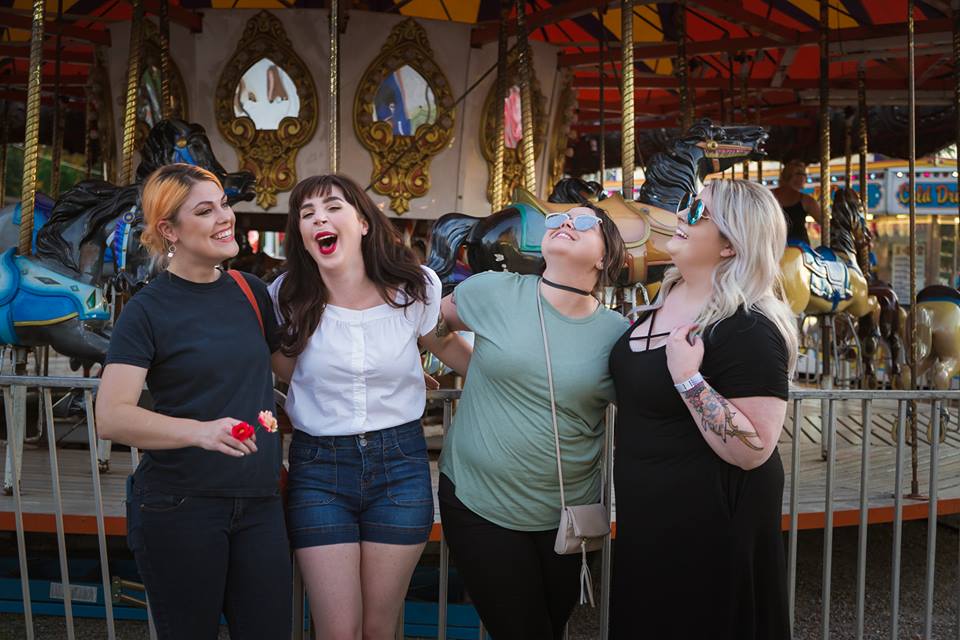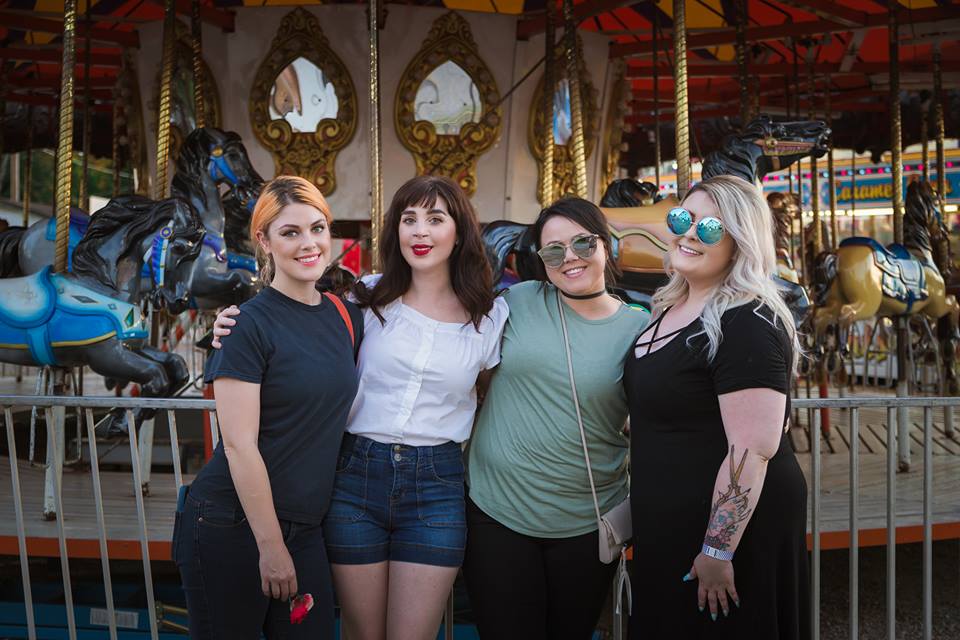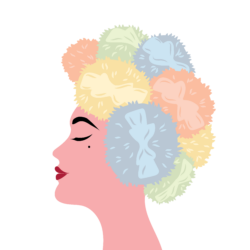The phrase “beauty is only skin deep” often comes with a sense of dismissal, as if our appearance is a thin layer that holds no meaning. But can it really be that simple? Appearances have always been central to human connection, communication, and even survival. The way we look is often the first thing people notice about us—it’s the gateway to forming impressions and building relationships. Yet, appearances are not just about what others see. They’re about how we present ourselves, how we wish to be perceived, and ultimately, what we believe about our inner selves.

When you think about it, the true mystery of the world isn’t hidden beneath layers of meaning or locked away inside of us—it’s right in front of our eyes. The visible, the tangible, is often more elusive than the abstract. How could something as simple as our appearance, our outward presentation, be so mysterious? It’s because appearances are both a reflection of who we are and who we aspire to be. In makeup, this idea comes to life through transformation. We enhance, cover, or highlight aspects of our face not to deceive, but to express something deeper about ourselves.
Makeup is a form of art, and art is never just about the surface. It’s about meaning, emotion, and symbolism. Each time we apply makeup, we are engaged in an intimate act of self-expression. We are taking something raw—our skin, our natural features—and turning it into something intentional. It’s a way of communicating with the world without words. It’s about control, agency, and even rebellion against what others might expect us to look like.

Appearances, when deeply understood, are more than a superficial act of vanity. They become a conversation with the world—a conversation that others may or may not fully grasp. And therein lies the beauty and the mystery. So, the next time you look in the mirror or prepare yourself for the world, ask yourself: What do you want others to see? But more importantly, what do you want to see in yourself?
